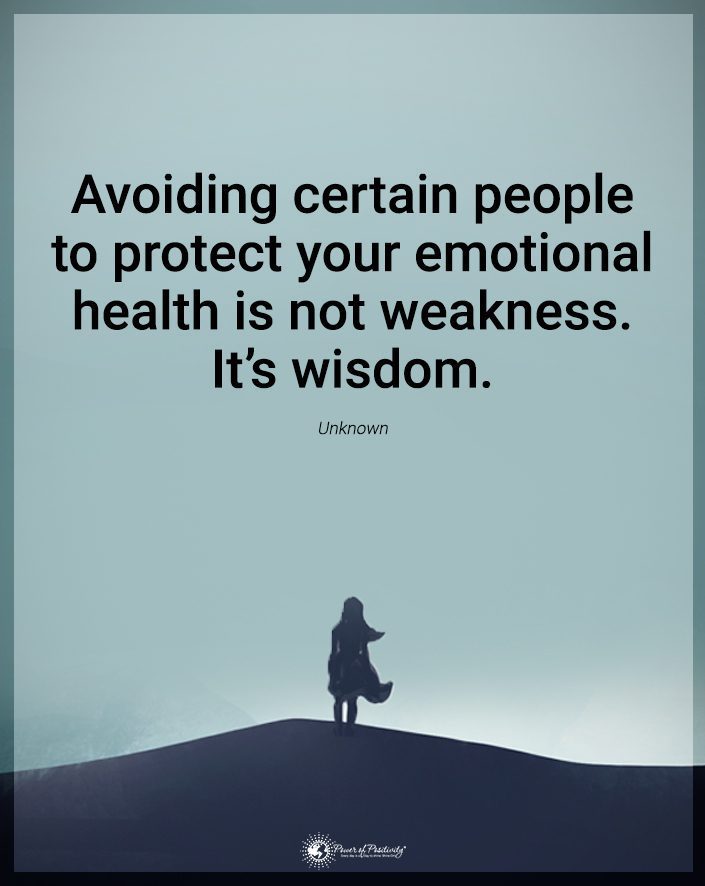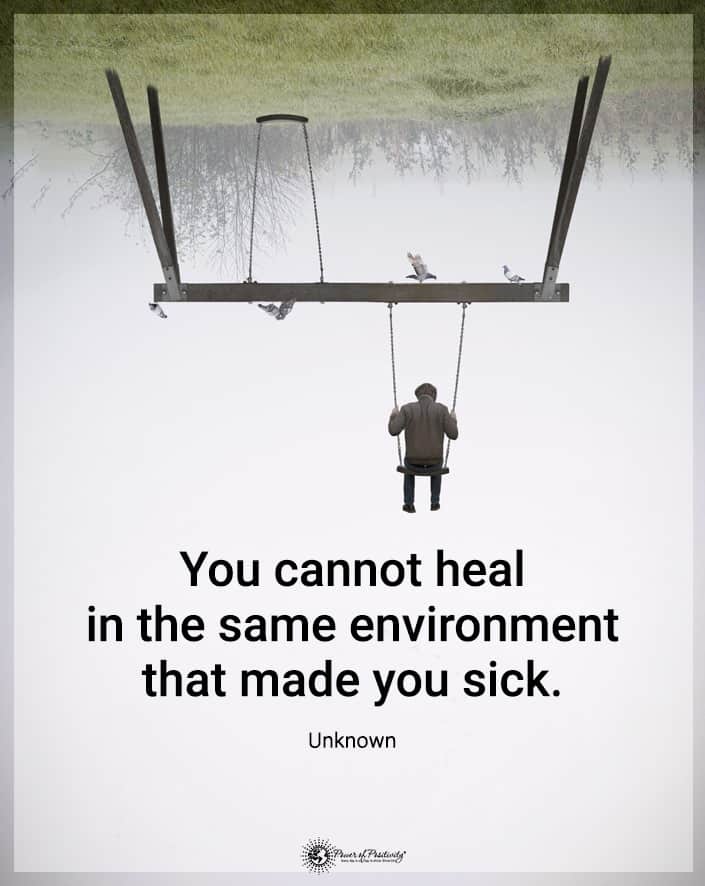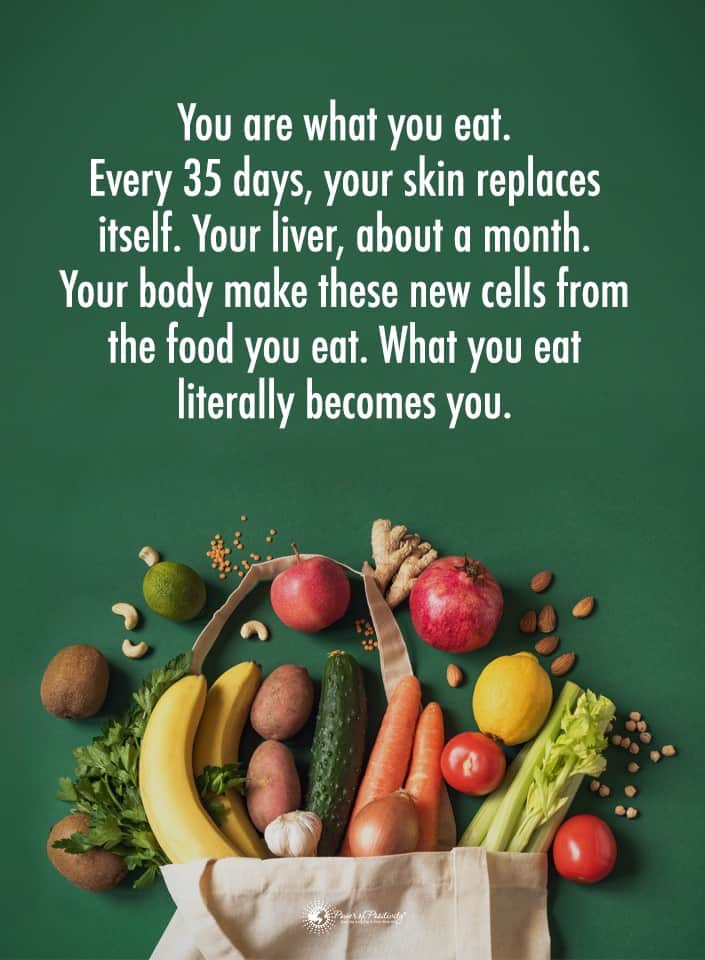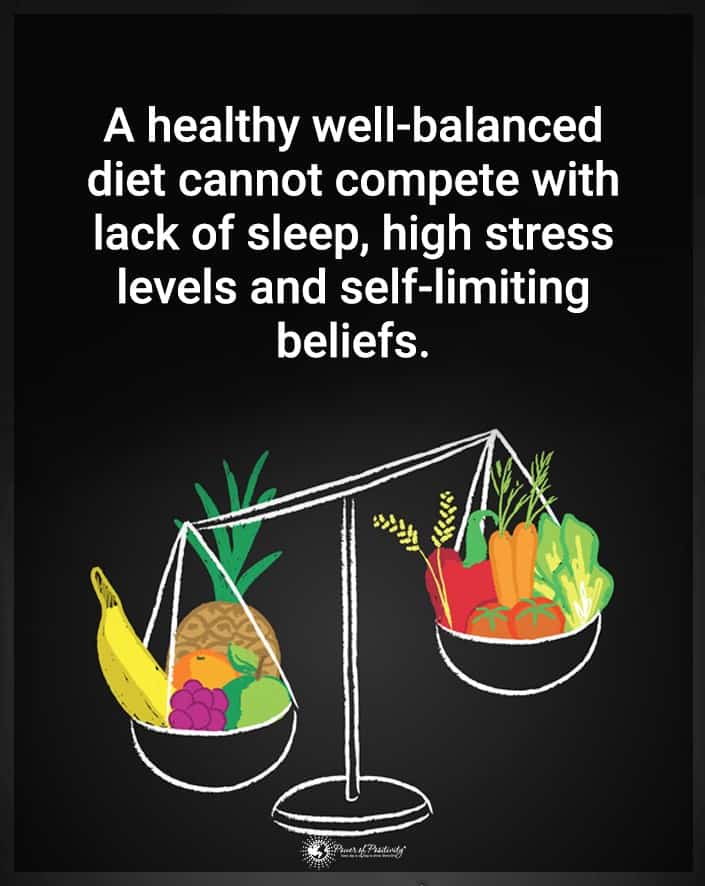Everyone experiences the feeling of defeat occasionally in life. It’s normal, but you can’t dwell in that mindset forever without losing hope. These hope quotes can help you when you feel defeated, allowing you to keep pushing forward.
When you feel defeated, you likely want to give up. You might feel like you lost something, your energy drains, you’re helpless, and you aren’t eager to do anything productive. While it’s hard to experience defeat, you must pull yourself out of it and keep moving forward.
Using quotes about hope can help you overcome feelings of despair and defeat. You might feel helpless at the moment, but you’ll quickly regain your strength and confidence. These hope quotes will give you the guidance and encouragement you need to overcome.
Hope Quotes to Read When You Feel Defeated
 1. “Setbacks in life are opportunities to perform at a new level.” – William Cranch Bond
1. “Setbacks in life are opportunities to perform at a new level.” – William Cranch Bond
Even when you feel fully prepared for something, you might still experience setbacks. Don’t let the setbacks make you feel defeated because you can overcome anything that happens. As Bond explains, setbacks give you the chance to take your abilities to a new level.
2. “Hope is important because it can make the present moment less difficult to bear. If we believe that tomorrow will be better we can bear a hardship today.” – Thich Nhat Hahn
When everything seems to be going wrong, remain hopeful because it’ll make the situation easier. You can get through hard times when you stay hopeful, and it’ll help you overcome feelings of defeat.
3. “He knows not his own strength who hath not met adversity.” – William Samuel Johnson
You must go through hard times and setbacks if you want to learn how strong you are. Without adversity, you’ll never know what you are capable of handling. When you recognize that setbacks or obstacles help you develop, you’ll overcome the feeling of defeat.
4. “The defeat in your head is not the same as the defeat in your heart. If your head tells you to stop, try listening to your heart.” – Unknown
If your negative thoughts contribute to your feeling of defeat, then stop listening to your head. Instead, listen to your heart and follow your path. Keep pushing through and listening for thoughts or feelings that motivate and encourage you.
Gain Strength with These Encouraging Words
5. “You gain strength, courage, and confidence by every experience in which you really stop to look fear in the face. You are able to say to yourself, ‘I lived through this horror. I can take the next thing that comes along.’” – Eleanor Roosevelt
When you experience fear, it might be easy to give in to defeat and stop trying. However, if you can push through, you gain so much more than if you stopped. Plus, you can look back once the situation is over and see the strength that you exhibited.
6. “Never confuse a single defeat with a final defeat.” – F. Scott Fitzgerald
If you ever fail at something, remember that it doesn’t mean everything is over. You can try again as many times as you want, so there is never a final defeat unless you decide there is. Remember this hopeful quote the next time you feel like you’ve failed because there is always another chance for you.
7. “We can design our life agendas so that our daily planner is no longer the object of resentment but, rather, a thing of beauty: a stunning log of our enjoyment of life and progress toward freedom and transcendence.” – Brendon Burchard
If your to-do list makes you feel defeated, then this is one of the best quotes about hope for you to read. While you can’t always change what you must do, you can adjust how you think about it.
Stop resenting your responsibilities and learn to embrace them. Each task you complete can bring a little joy to your life if you view it as progress and betterment.
8. “Being defeated is often a temporary condition. Giving up is what makes it permanent.” – Marilyn vos Savant
The way you feel right now is temporary. If you feel defeated, it’ll pass if you keep trying and giving your best effort.
The Wisdom of Learning Life Lessons
 9. “You learn more from losing than winning. You learn how to keep going.” – Morgan Wootten
9. “You learn more from losing than winning. You learn how to keep going.” – Morgan Wootten
When you win, it doesn’t always include a learning opportunity. However, losing always allows you to learn something from it. As Wootten explains, you learn how to keep going, but you also learn much more.
10. “I will love the light for it shows me the way, yet I will endure the darkness for it shows me the stars.” – Og Mandino
While happiness and success are always preferred, darkness plays an essential role, too. Without hard times, you would never enjoy the brighter moments shining through. Remember to look for the stars on your darkest days so that you can find the light once again.
11. “We all want things to stay the same. Settle for living in misery because we are afraid of change, of things crumbling to ruins. Ruin is a gift. Ruin is the road to transformation.” – Elizabeth Gilbert
If you are afraid of change, you might stay in a situation that makes you feel defeated. Rather than continue feeling defeated and miserable, make the necessary changes to improve your life.
You might feel like everything you worked for crumbles, but it’s better than never moving forward. Starting over can transform your life and bring joy to your soul once again. Use this quote as a reminder to always stay hopeful because you can make a change at any moment.
Hope Quotes About Beating Adversity
12. “Sometimes adversity is what you need to face in order to become successful.” – Zig Ziglar
If you never experience adversity, you won’t grow, learn, or develop. You must face challenges if you want to reach success. The challenges push you to try harder and do better.
13. “Nobody trips over mountains. It is the small pebble that causes you to stumble. Pass all the pebbles in your path, and you will find you have crossed the mountain.” – Unknown
When you look at what lies ahead of you, remember that the mountain isn’t the hard part. The hard part is found in the smaller moments each day. If you can overcome and get through the hard parts, you’ll find that you make it to the other side.
14. “You may encounter many defeats, but you must not be defeated. In fact, it may be necessary to encounter the defeats, so you can know who you are, what you can rise from, how you can still come out of it.” – Maya Angelou
When you encounter defeats, don’t let the feeling take over your life. Instead, use it as an opportunity to learn more about who you are and what you can do.
15. “Don’t let the fear of the time it will take to accomplish something stand in the way of your doing it. The time will pass anyway; we might just as well put that passing time to the best possible use.” – Earl Nightingale
When you think of the amount of time it’ll take you to accomplish something, it might make you feel defeated. Don’t let it stop you from getting started, though. Push away the feeling of defeat because time passes no matter what you choose to do. It’s never too late to start, so put the time to good use and start working toward your goals right away.
Fight Back from Your Losses
16. “True defeat only happens if you stop. If you never stop, you’re never truly defeated.” – Unknown
When things don’t work out right away, you aren’t defeated unless you give up. You can learn from each mistake, developing your skills as you figure out what doesn’t work. Remember this hope quote the next time you feel defeated so that you can keep moving forward.
17. “Don’t dwell on what went wrong. Instead, focus on what to do next. Spend your energies on moving forward toward finding the answer.” – Denis Waitley
When something doesn’t go as planned, don’t dwell on the mistakes that you made. Dwelling won’t give you hope, but focusing on the next step to take will.
18. “The brick walls are there for a reason. The brick walls are not there to keep us out, the brick walls are there to give us a chance to show how badly we want something. Because the brick walls are there to stop the people who don’t want it badly enough. They’re there to stop the other people.” – Randy Pausch
You’ll encounter obstacles in your life, but they aren’t there to force you to stop. The challenges are there to encourage you to find another way and to work hard.
19. “Most of the important things in the world have been accomplished by people who have kept on trying when there seemed to be no hope at all.” – Dale Carnegie
When you feel defeated, remember this hope quote. Even the most successful people fail sometimes, but that doesn’t mean there’s no hope left.
20. “Just don’t give up trying to do what you really want to do. When there is love and inspiration, I don’t think you can go wrong.” – Ella Fitzgerald
No matter what happens in your life, don’t give up on your dreams. Keep working toward your goals, and focus on love and inspiration.
 Final Thoughts on Hope Quotes to Read When You Feel Defeated
Final Thoughts on Hope Quotes to Read When You Feel Defeated
When you feel defeated, remember these hope quotes to help you get through. If you can see better days ahead, your well-being will begin to improve right now.
Keep pushing through no matter how hard things get, as these hope quotes encourage. When you get through the challenging time, you’ll look back and realize your hopefulness was all worthwhile.

 Nine global climate tipping points
Nine global climate tipping points Final Thoughts on How Passing Climate Tipping Points May Not Lead to Our Demise After All
Final Thoughts on How Passing Climate Tipping Points May Not Lead to Our Demise After All
 Positivity Statements About Emotional Intelligence
Positivity Statements About Emotional Intelligence
 “Generally, dietary recommendations lack specific and actionable direction to motivate people to change their behavior, and rarely do dietary recommendations address environmental impacts,” said Katerina Stylianou, who performed the research as a doctoral candidate and postdoctoral fellow in the Department of Environmental Health Sciences at U-M’s School of Public Health. She now works as the Director of Public Health Information and Data Strategy at the Detroit Health Department.
“Generally, dietary recommendations lack specific and actionable direction to motivate people to change their behavior, and rarely do dietary recommendations address environmental impacts,” said Katerina Stylianou, who performed the research as a doctoral candidate and postdoctoral fellow in the Department of Environmental Health Sciences at U-M’s School of Public Health. She now works as the Director of Public Health Information and Data Strategy at the Detroit Health Department. Final thoughts on the study that reveals small dietary changes can improve your life.
Final thoughts on the study that reveals small dietary changes can improve your life. “Our analysis shows that both NEAs have surfaces with 85% metal such as iron and nickel and 15% silicate material, which is basically rock,” said lead author Juan Sanchez, who is based at the Planetary Science Institute. “These asteroids are similar to some stony-iron meteorites such as mesosiderites found on Earth.”
“Our analysis shows that both NEAs have surfaces with 85% metal such as iron and nickel and 15% silicate material, which is basically rock,” said lead author Juan Sanchez, who is based at the Planetary Science Institute. “These asteroids are similar to some stony-iron meteorites such as mesosiderites found on Earth.” Final Thoughts: Near-Earth Asteroids Contain Rare Metals Worth Nearly $12 Trillion
Final Thoughts: Near-Earth Asteroids Contain Rare Metals Worth Nearly $12 Trillion Most prior large-scale studies only measured basal metabolic rate (BMR) – the energy your body needs for life-sustaining functions. These vital functions include breathing, digesting food, pumping blood, circulation, and cell production. However, essential functions only account for 50-70% of the calories we burn every day. This doesn’t include the energy required for other activities like household chores, exercise, or even thinking and fidgeting.
Most prior large-scale studies only measured basal metabolic rate (BMR) – the energy your body needs for life-sustaining functions. These vital functions include breathing, digesting food, pumping blood, circulation, and cell production. However, essential functions only account for 50-70% of the calories we burn every day. This doesn’t include the energy required for other activities like household chores, exercise, or even thinking and fidgeting. Final thoughts on a study revealing unexpected metabolic changes throughout a lifespan
Final thoughts on a study revealing unexpected metabolic changes throughout a lifespan

